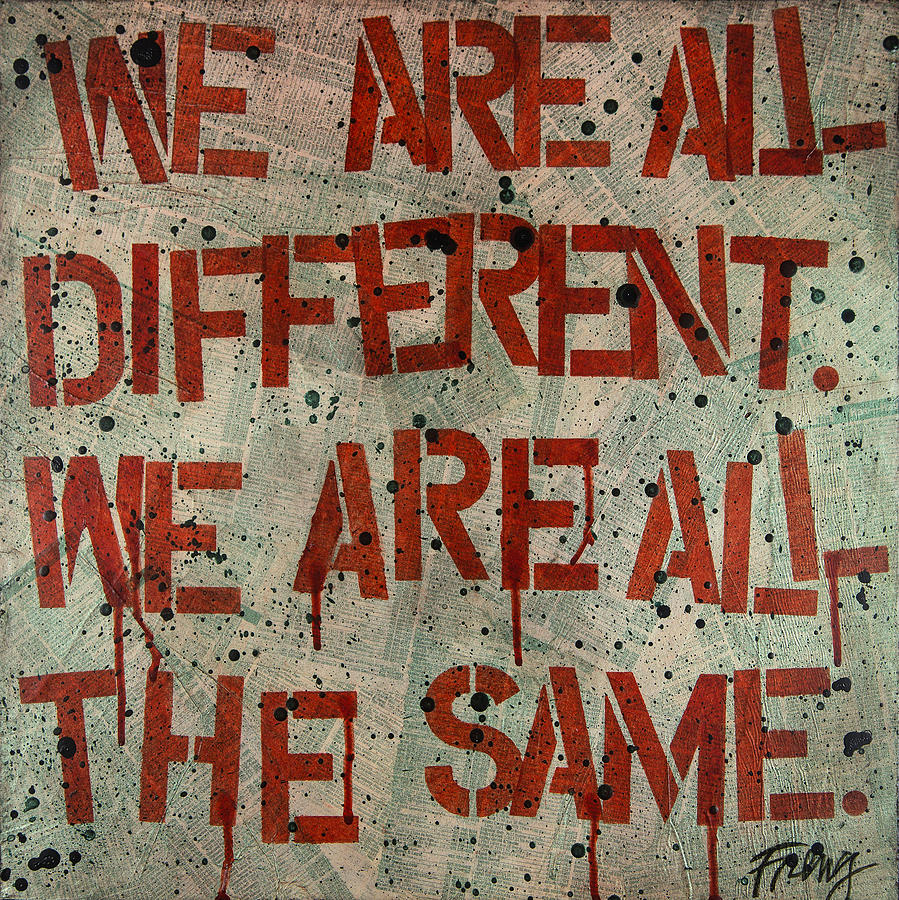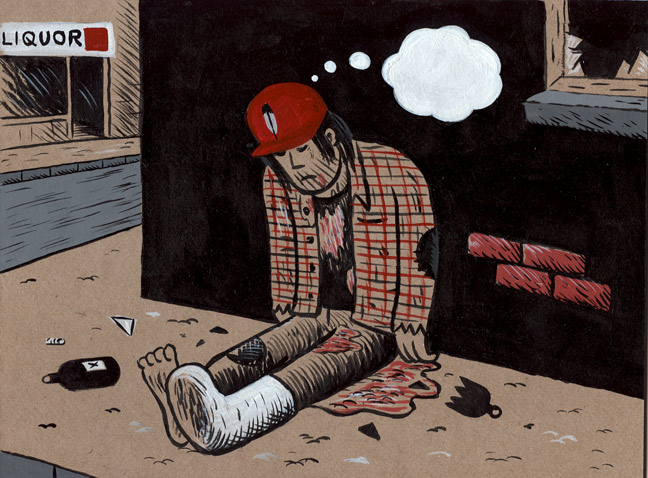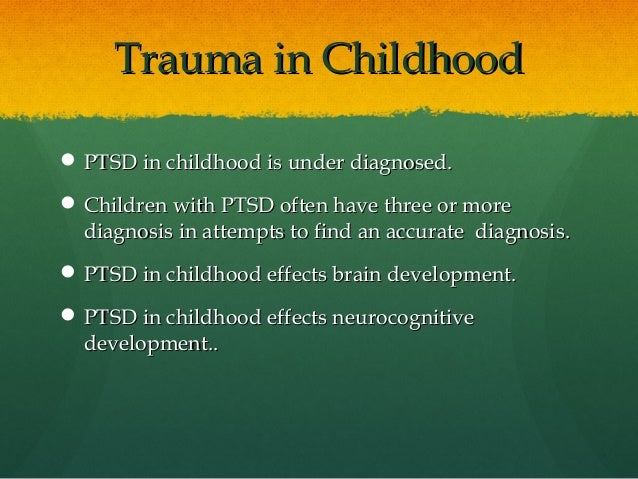In the sixth part of the book
Ceremony, Leslie Marmon Silko explains how White people, Native Americans, and Mexicans are the same and throughout this chapter shows how Tayo is healing. Towards the middle of this section, Silko explains Tayo's realization of how it doesn't matter if your White, Native American, or Mexican because we're all human on the inside. Silko says, "Why did he hesitate to accuse a white man of stealing but not a Mexican or Indian...He cut into the wire as if cutting away at the lie inside himself. The liars had fooled everyone, white people and Indians alike; as long as people believed the lies, they would never be able to see what had been done to them or what they were doing to each other" (Silko 177). Tayo's cutting away the wire just like he's cutting away the lies. You can't always trust Indians or Mexicans, race doesn't matter. Silko later notes how Tayo is dealing with unending time, where past, present, and future are all functioning at the same time. Silko says, "The Silence was inside, in his belly; there was no longer any hurry. The ride into the mountain had branched into all directions of time. He knew then why the oldtimers could only speak of yesterday and tomorrow in terms of the present moment: the only certainty; and this present sense of being was qualified with bare hints of yesterday or tomorrow, by saying, 'I go up to the mountain yesterday or I go up to the mountains tomorrow"' (Silko 179). Since Tayo knows now, that he's dealing with unending time he can heal. Tayo is living with ghosts that don't haunt him anymore and since he isn't in the hell that he was in before he appreciates the present. Towards the end of this section, we see Tayo maturing from his past and living in the moment. Silko conveys, "He had proved something to himself; it wasn't as strong as it had once been. It was changing, unraveling like the yarn of a dark heavy blanket wrapped around a corpse, the dusty rotted strands of darkness unwinding, giving way to the air; it's smothering pressure was lifting from the bones of his skull" (Silko 184). The corpse in this quote represents Rocky and this quote also shows more of how Tayo is healing.


























